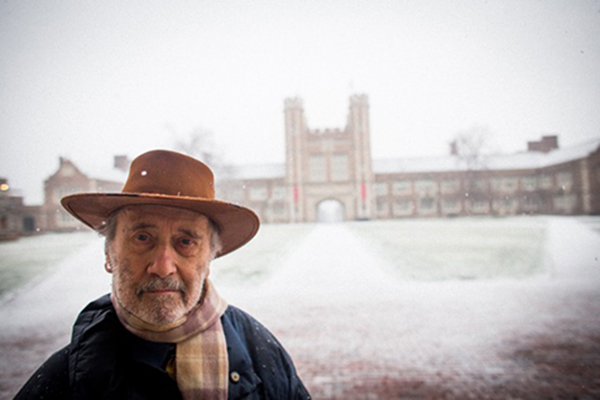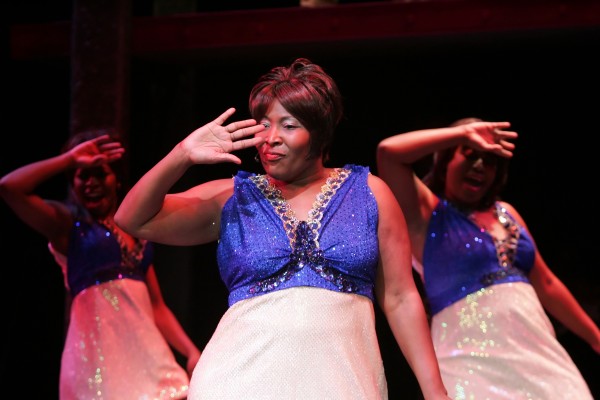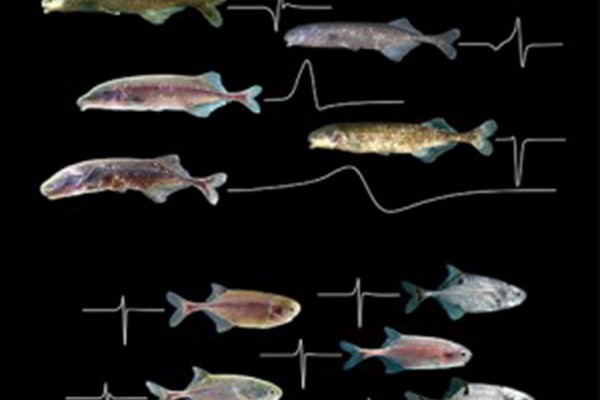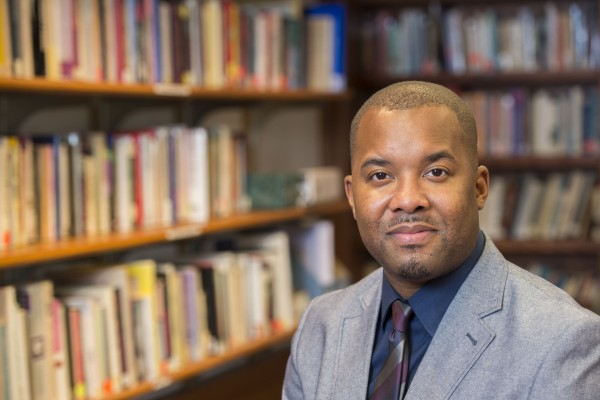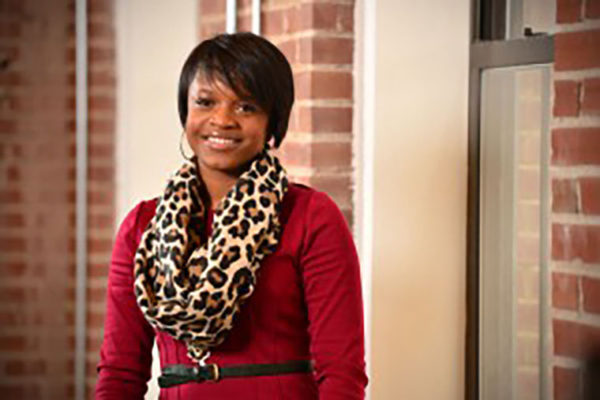Newly discovered brain network recognizes what’s new, what’s familiar
New research from Washington University in St. Louis has identified a novel learning and memory brain network that processes incoming information based on whether it’s something we’ve experienced previously or is deemed to be altogether new and unknown, helping us recognize, for instance, whether the face before us is that of a familiar friend or a complete stranger.
Obituary: Ernst K. Zinner, astrophysicist and cosmochemist, 78
Ernst K. Zinner, PhD, research professor emeritus of physics and earth and planetary sciences in Arts & Sciences at Washington University in St. Louis, died Thursday, July 30, of medical complications of mantle cell lymphoma. Among many other accomplishments, in 1987 Zinner identified for the first time material in the laboratory that predated the formation of the solar system 4.6 billion years ago.
The Black Rep announces 2015-16 schedule
The Black Rep will launch its 2015-16 season with “Tell Me Somethin’ Good” at Washington University Sept. 2-20. The decades-spanning musical revue, one of the company’s most popular shows, is the first of three productions The Black Rep will present this year in the university’s Edison Theatre.
Fish that have their own fish finders
African fish called mormyrids communicate by means of electric signals. Fish in one group can glean detailed information from a signal’s waveform, but fish in another group are insensitive to waveform variations. Research at Washington University in St. Louis has uncovered the neurological basis for this difference in perception.
Doctoral student Wasmoen wins 2015 Best Translated Book Award
Annelise Finegan Wasmoen, a PhD candidate in comparative literature in Arts & Sciences at Washington University in St. Louis, won the 2015 Best Translated Book Award for fiction for her translation of Can Xue’s “The Last Lover” (Yale University Press, 2014) from Chinese to English.
Oral histories of a Divided City
The city is filled with stories and tells stories of its own. Last fall, the Center for the Humanities and the Sam Fox School — with support from the Andrew W. Mellon Foundation — launched The Divided City, an urban humanities initiative exploring historical and contemporary segregation across the globe and in St. Louis. Funded projects include an oral history of the Ferguson movement, launched this summer by Jeffrey McCune, PhD, Clarissa Rile Hayward, PhD, and Meredith Evans, PhD.
Ferguson Commission interns seek lasting change for region
Two Washington University seniors and one 2015 alum (David Dwight, pictured) are assisting the Ferguson Commission to create and write its recommendations to improve education, municipal courts and governments, economic opportunities and the relationship between residents and law enforcement.
Alumna receives national honor for civic leadership
Brittany Packnett, a 2007 graduate of Washington University in St. Louis, has received the 2015 Peter Jennings Award for Civic Leadership from Teach For America.
Center for the Humanities announces new grant recipients
The Center for the Humanities in Arts & Sciences at Washington University in St. Louis has awarded grants to a number of faculty and graduate students for seminars or focused reading and writing groups for the 2015-2016 academic year.
It’s alive, it’s alive!
It was bedlam at mission control when the first images of Pluto came down over the Deep Space Network. Not only were there few craters, but some areas of the planet were smooth as a billiard ball and others rumpled and rippled; some stained the color of dried blood and others gleaming bright white. The variety meant that there was geology on Pluto, alien though the
geological processes might be to earthlings.
View More Stories

